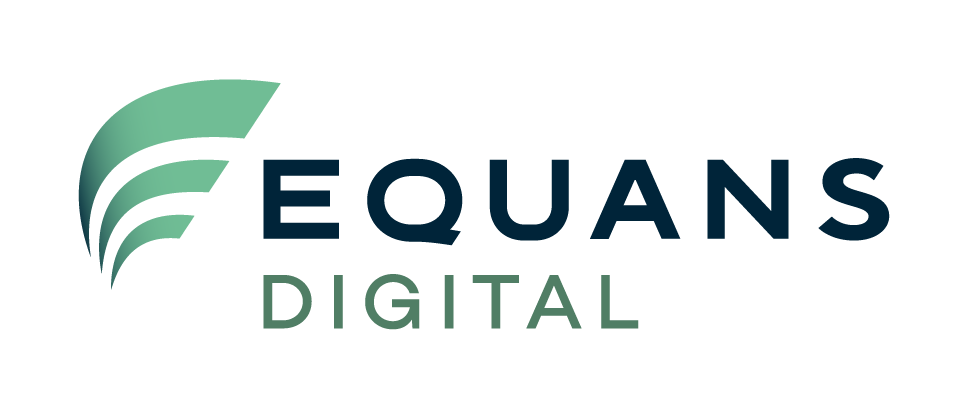Improving energy performance - ISO 50001
Based on a principle of continuous improvement, the ISO 50001 energy management system helps companies reduce their energy consumption and achieve significant energy savings.
What is ISO 50001?
ISO 50001 is based oncontinuous improvement, a management system model found in other well-known standards including ISO 14001, for example.
ISO 50001 is an international standard aimed at an energy performance assessment and analysis of an organization's buildings, identifying areas where improvements can be made.
It provides guidelines to encourage organizations to measure their energy performance on a regular and systematic basis.
What's the difference between ISO 50001 and ISO 14001?
ISO 50001 objectives
- Identification of potential energy savings
- Implementation of an improvement action plan
- Improving energy efficiency and usage
- Lower energy consumption and costs
- Lower greenhouse gas emissions
- Involvement of all staff in a unifying project
.
How do I obtain ISO 50001 certification?
In order to be ISO 50001 certified, it is necessary to take the necessary steps with an accredited certification body. Organizations can also call on the services of a specialized external service provider such as Equans Digital.
This certification is a possibility, but not an obligation: each company must set its own objectives and position the cursor according to its financial capacity, context and challenges. The company therefore has a great deal of leeway, and it is up to the company to decide which levers to pull in order to meet the standard.
The approach is based on a methodology of continuous improvement and raising awareness of energy performance. Its implementation breaks down into 6 phases
- Designation of an "Energy Referent"
- Development of an energy efficiency policy
- Setting quantifiable targets for implementation
- Reporting and analysis of initial data (especially energy consumption)
- Programming and carrying out the necessary work and adaptations with an action plan
- Measuring results and pursuing continuous improvement.
ISO 50 001 certification is valid for 3 years, subject to completion of annual surveillance audits. Renewal of certification requires a renewal audit, carried out by an accredited auditor.
Does this certification waive the additional energy audit?
Since the European directive of 2012, it has been mandatory for companies "other than SMEs" and with more than 250 employees to carry out an energy audit of their consumption. The audit is carried out every four years.The aim of the audit is to identify potential energy savings and initiate action plans.
To be exempt from the regulatory audit, two conditions apply: application of the ISO 50001 standard and certification by a third-party organization of correct application on at least 80% of its invoices. The certificate is then issued.
The PRO-SMEn program
It offers a bonus to companies for implementing the standard. Financial support is capped at €40,000 before tax. It is equal to 20% of the annual energy-related expenditure of certified sites. The aim of this program is to accelerate deployment of the standard.


